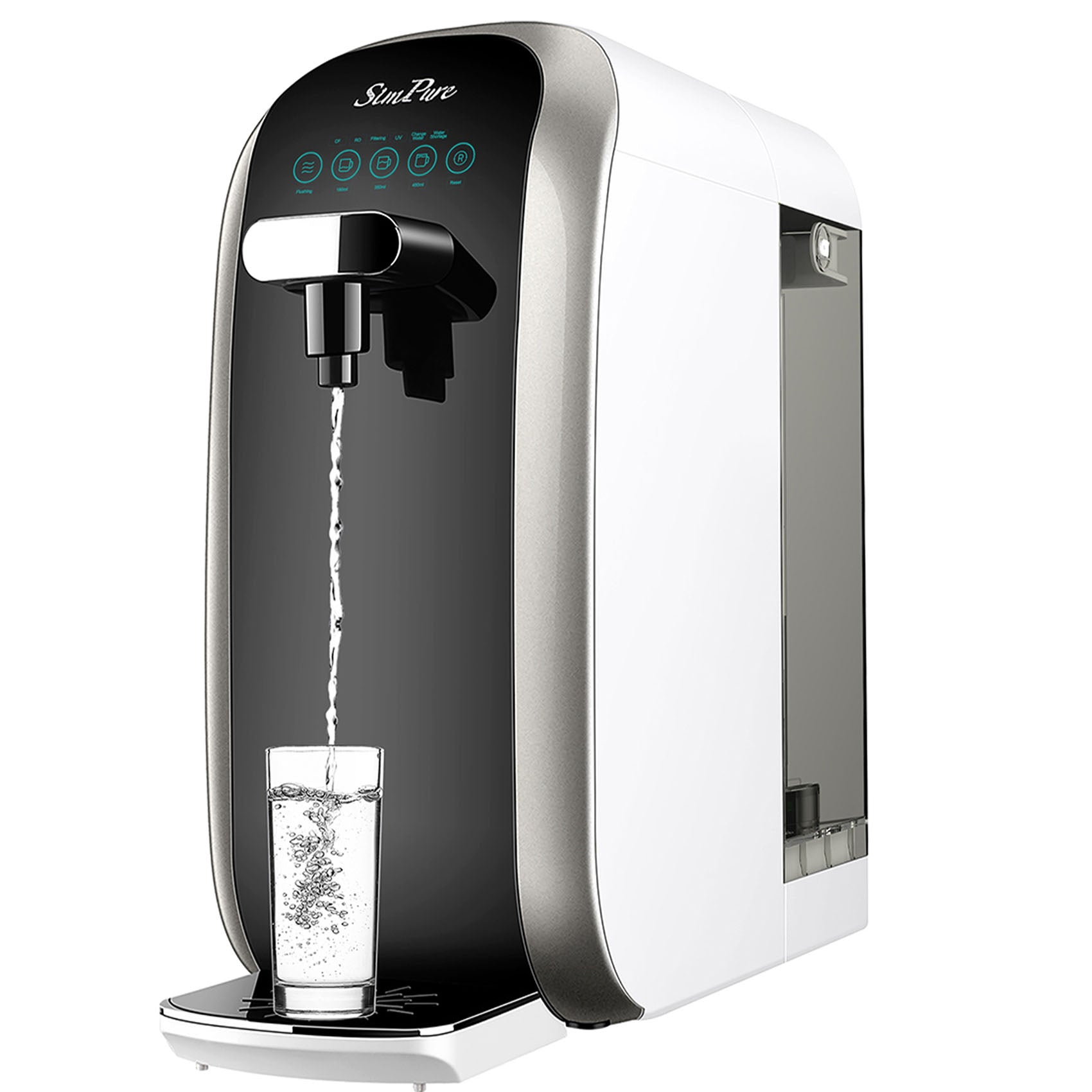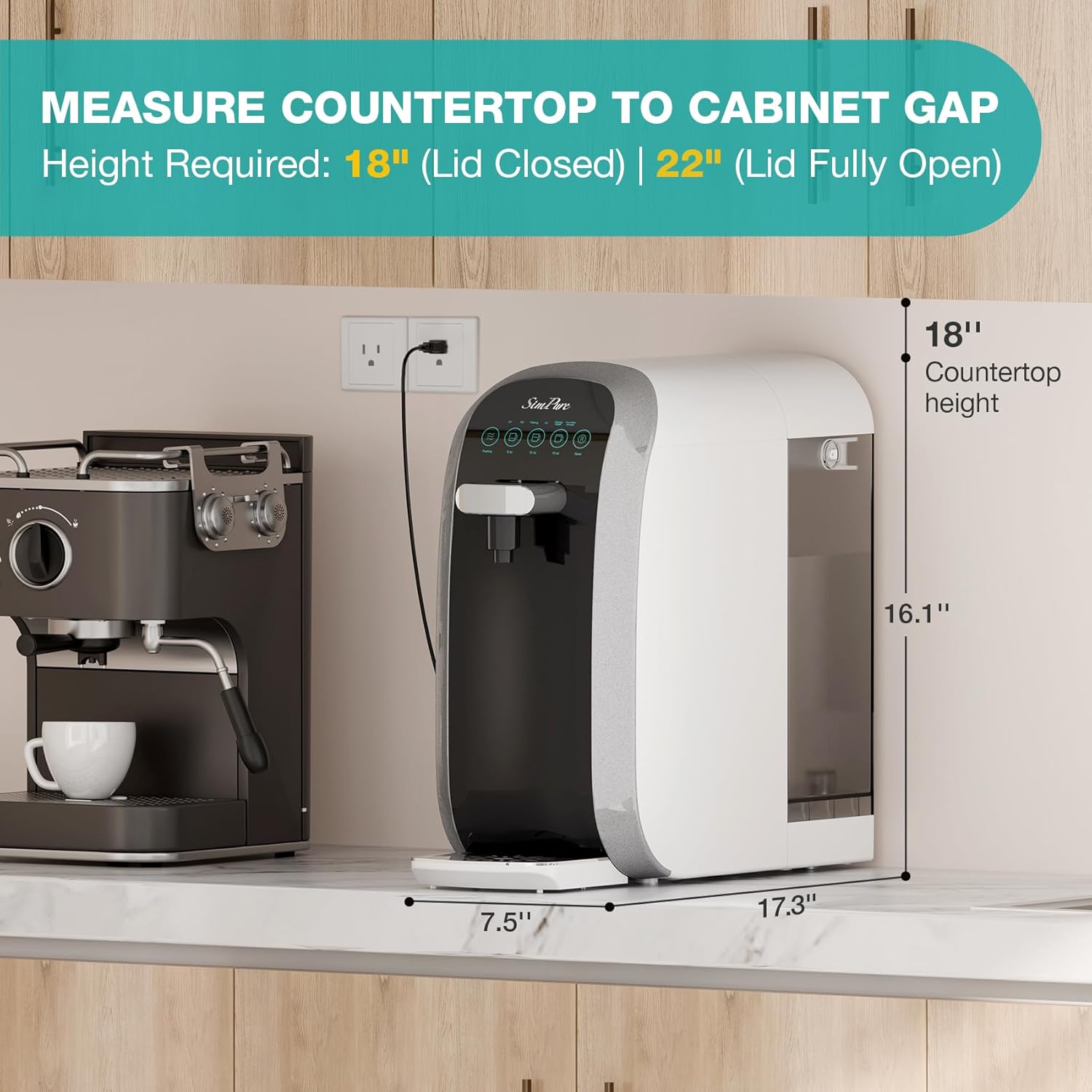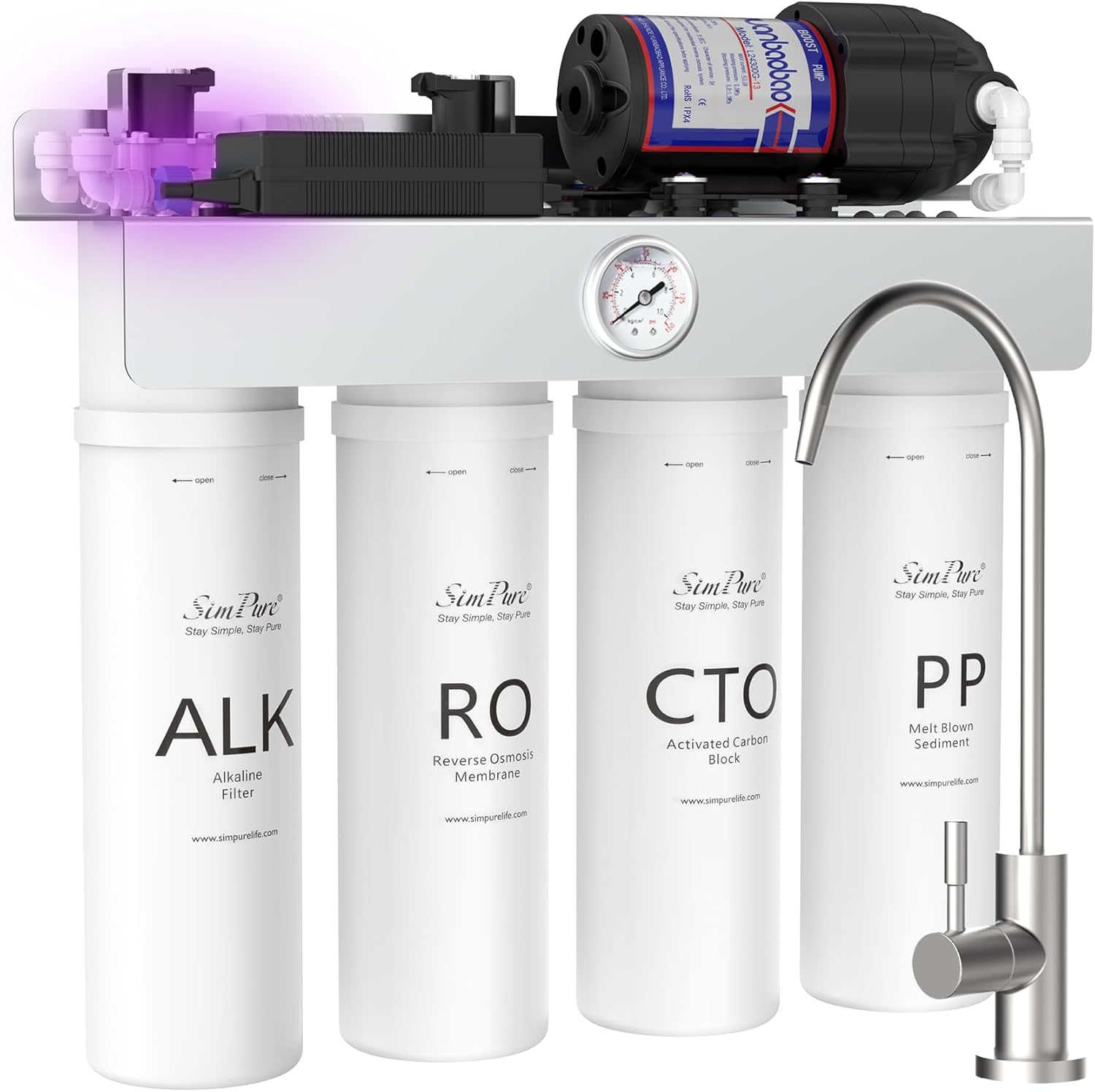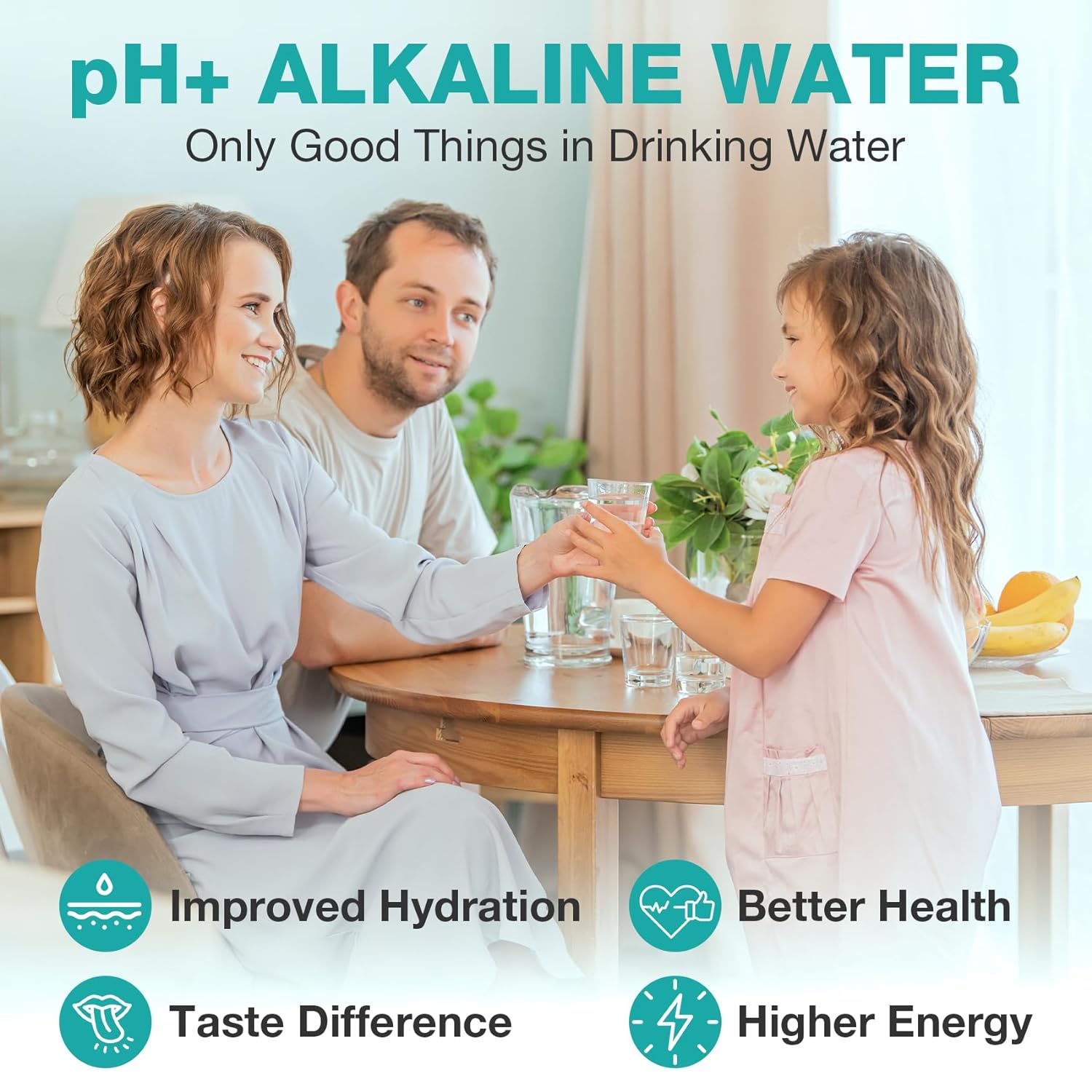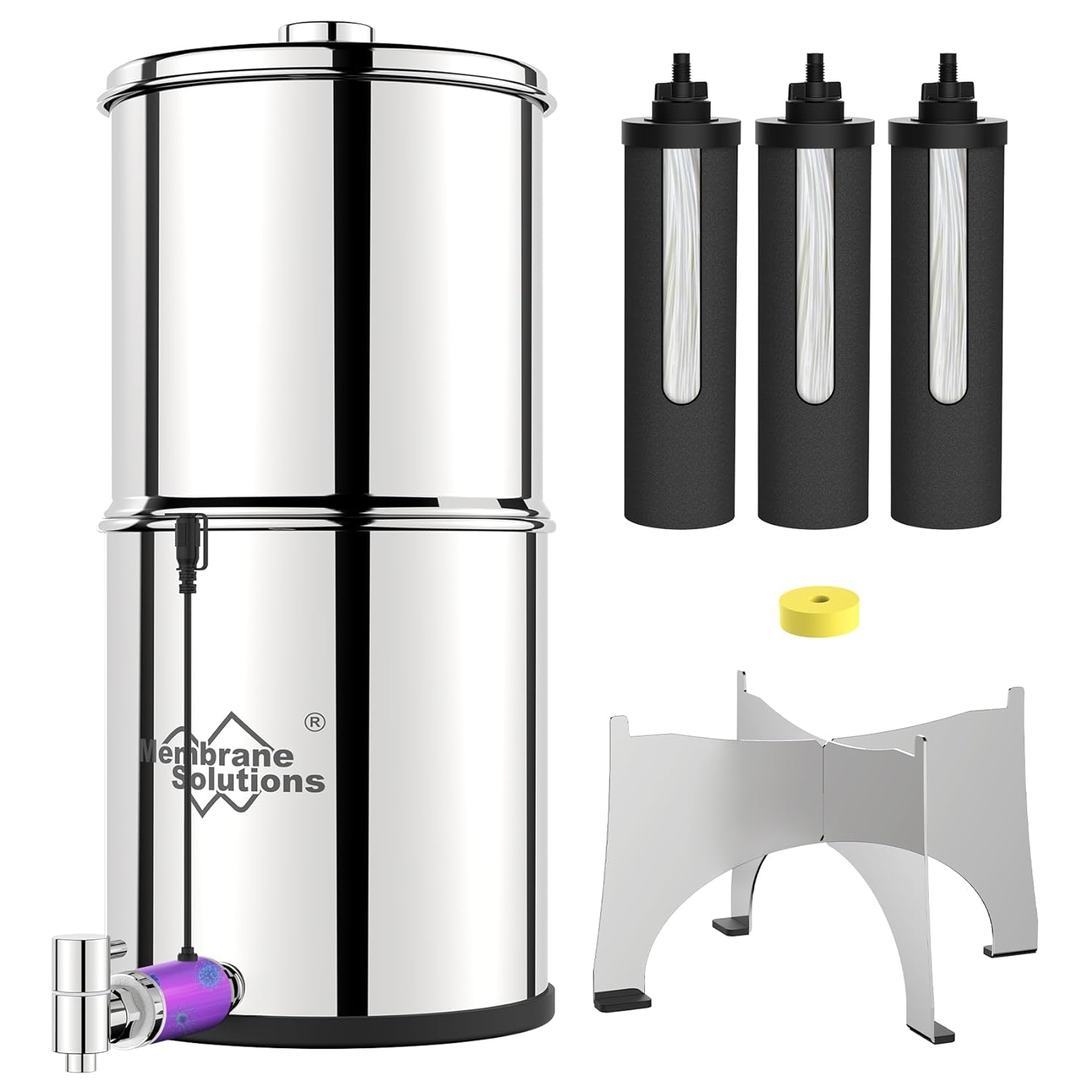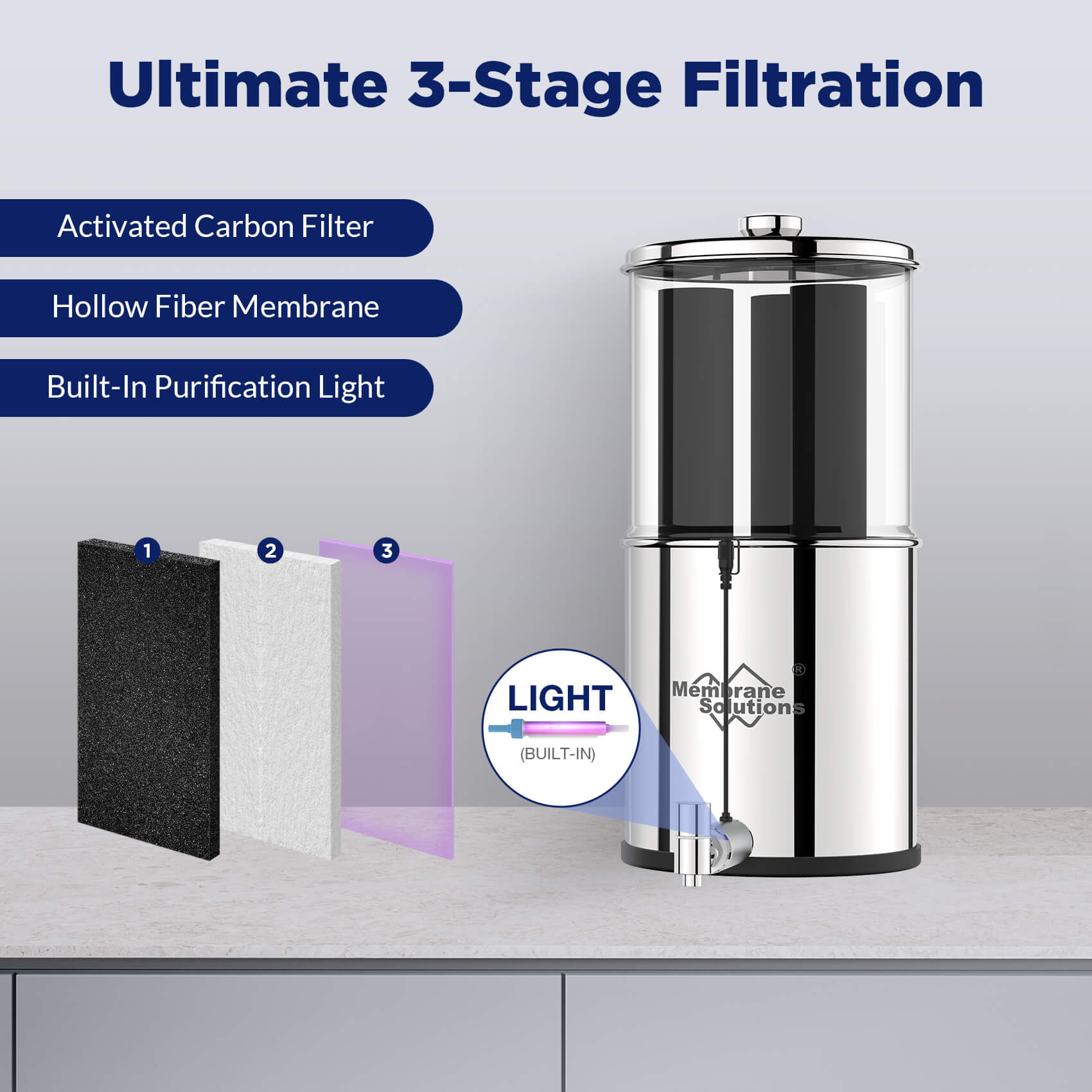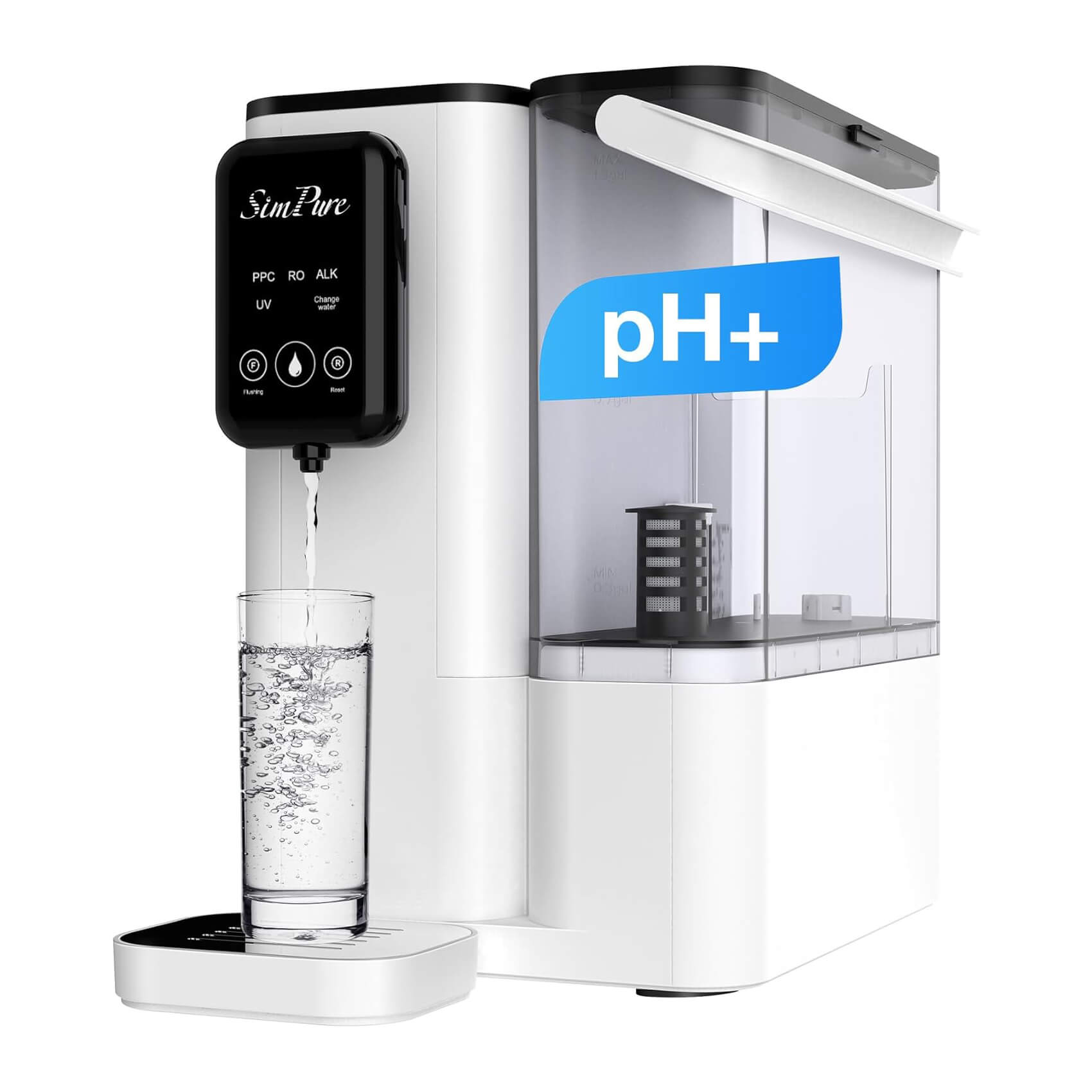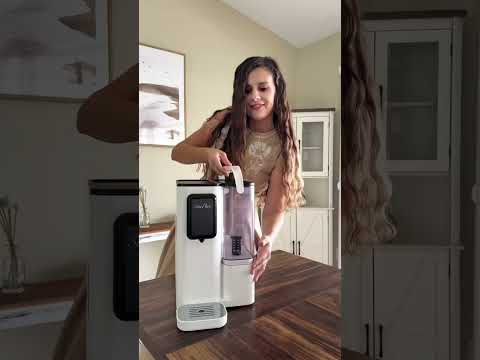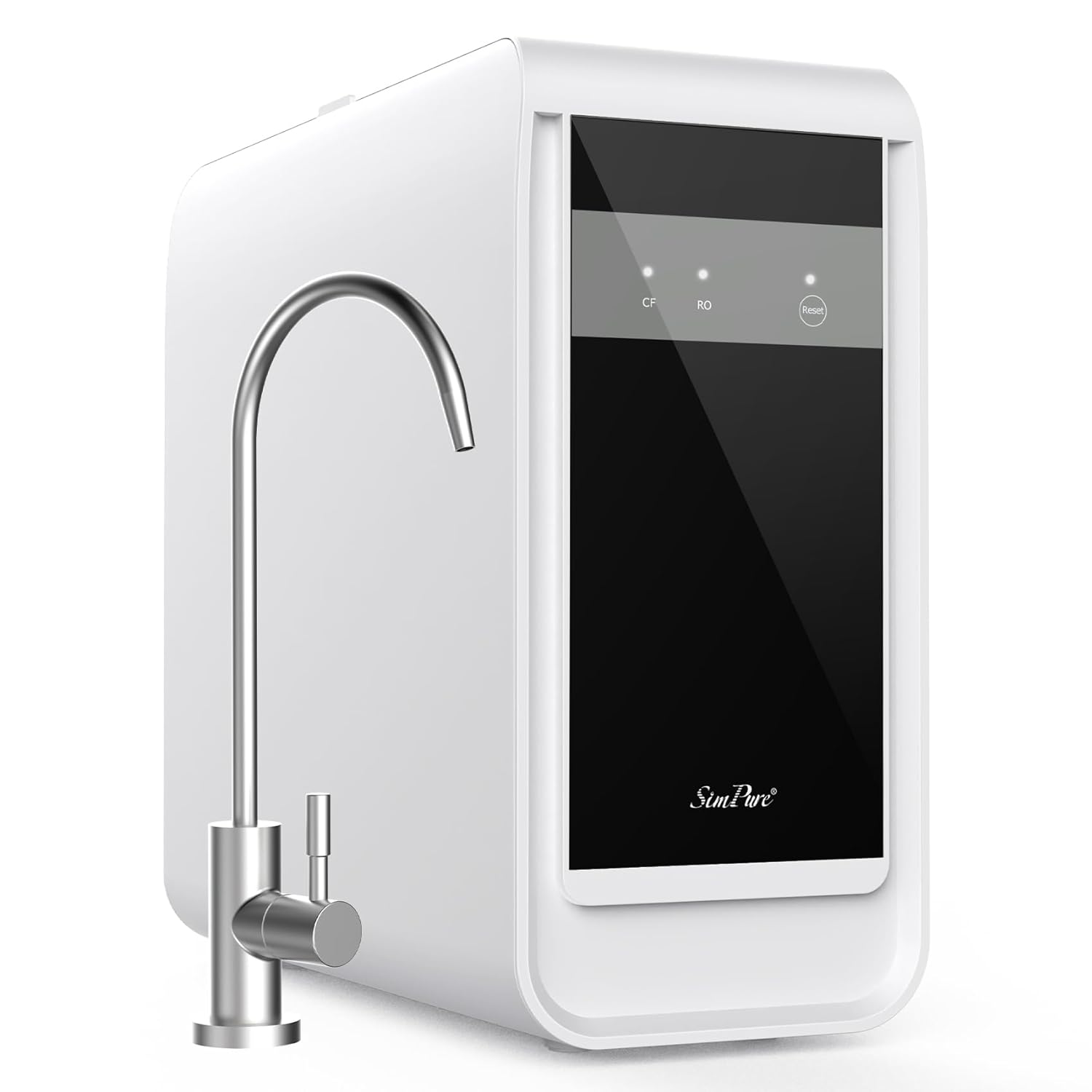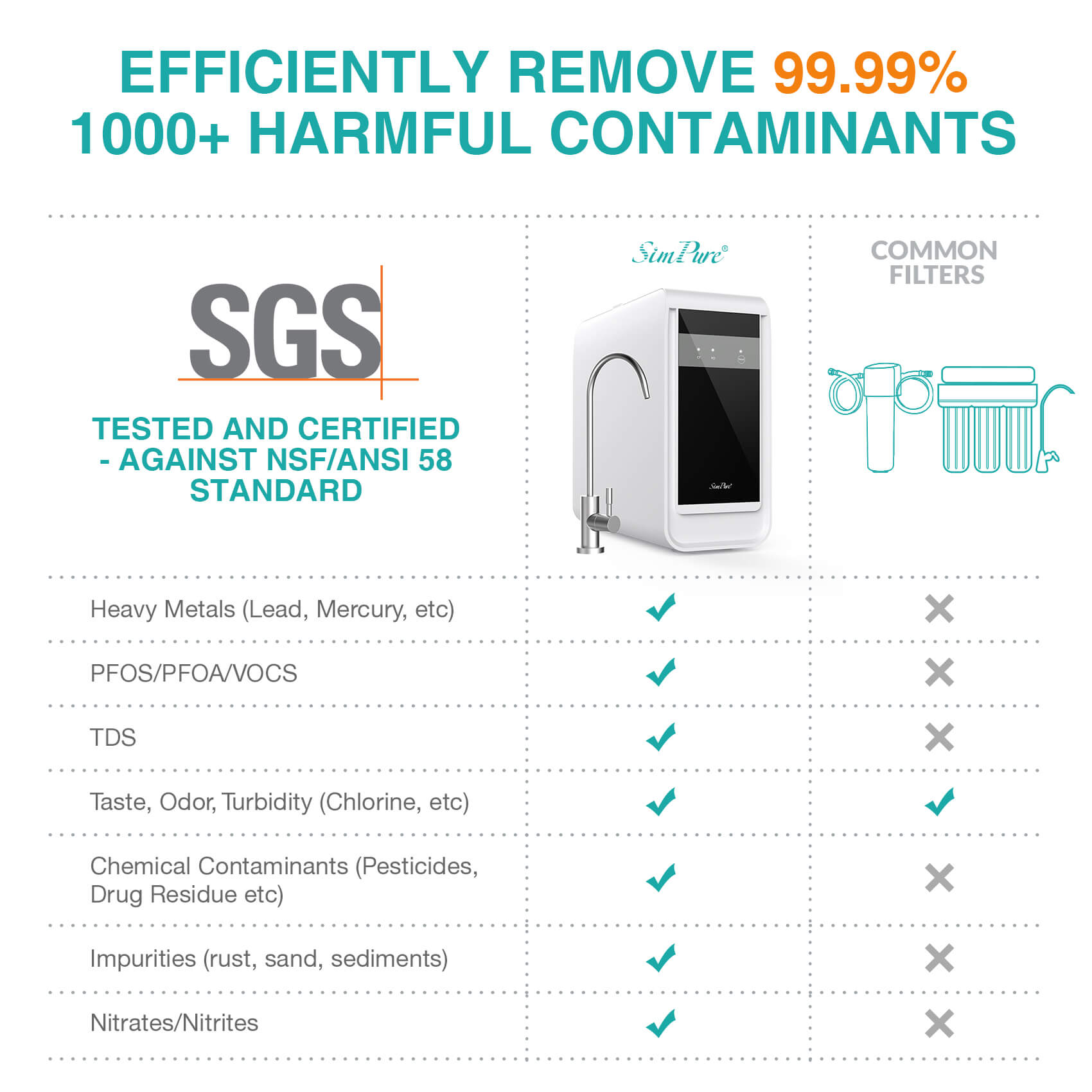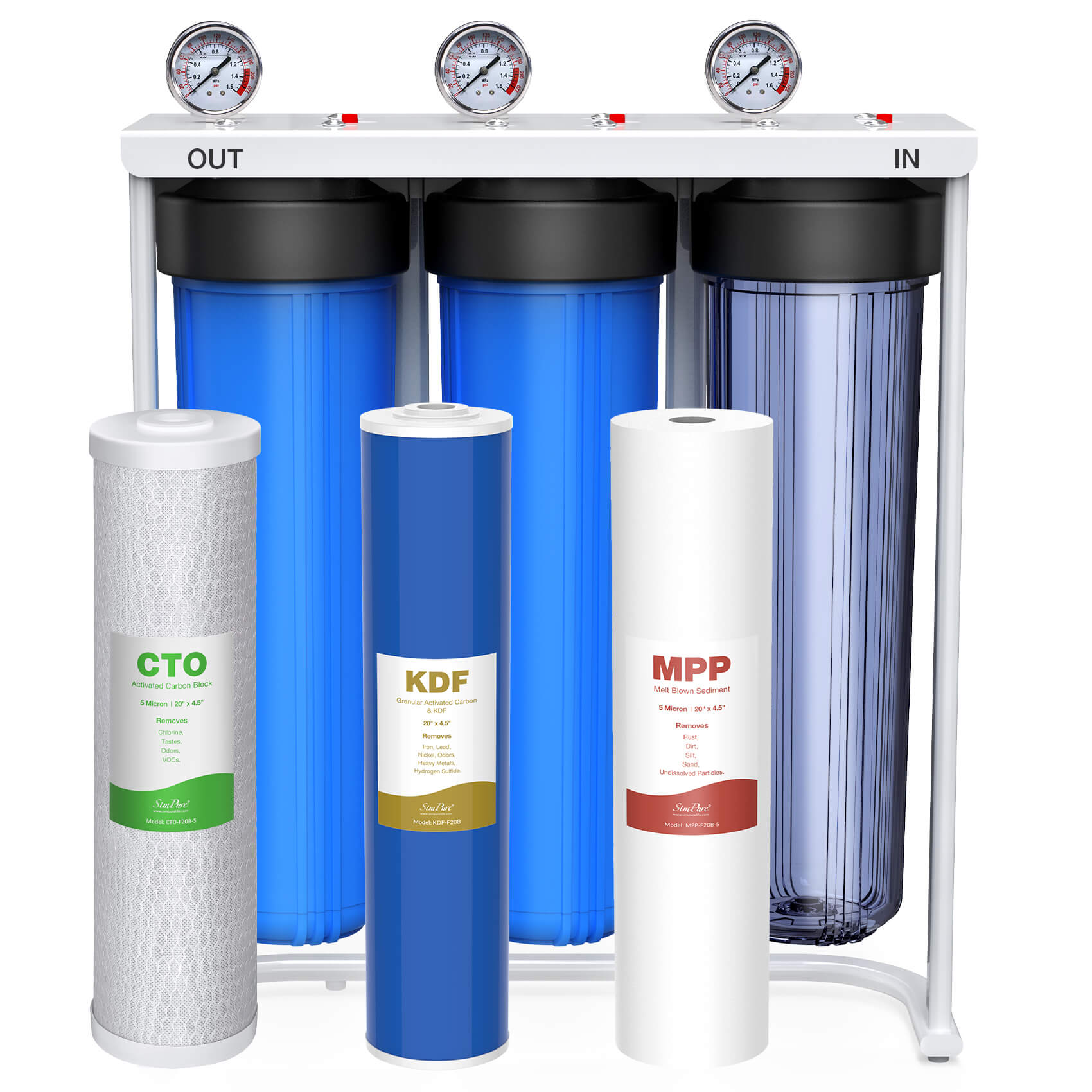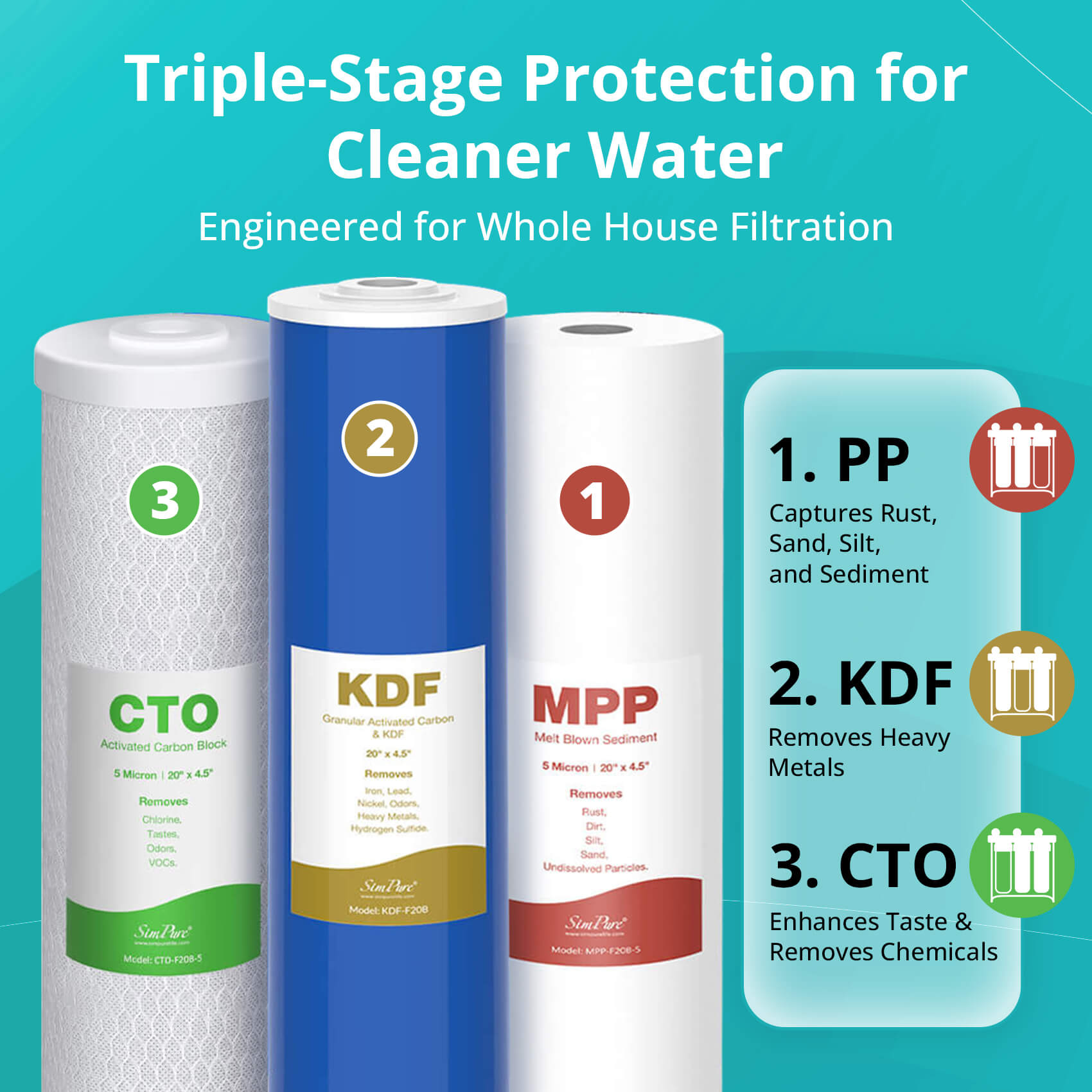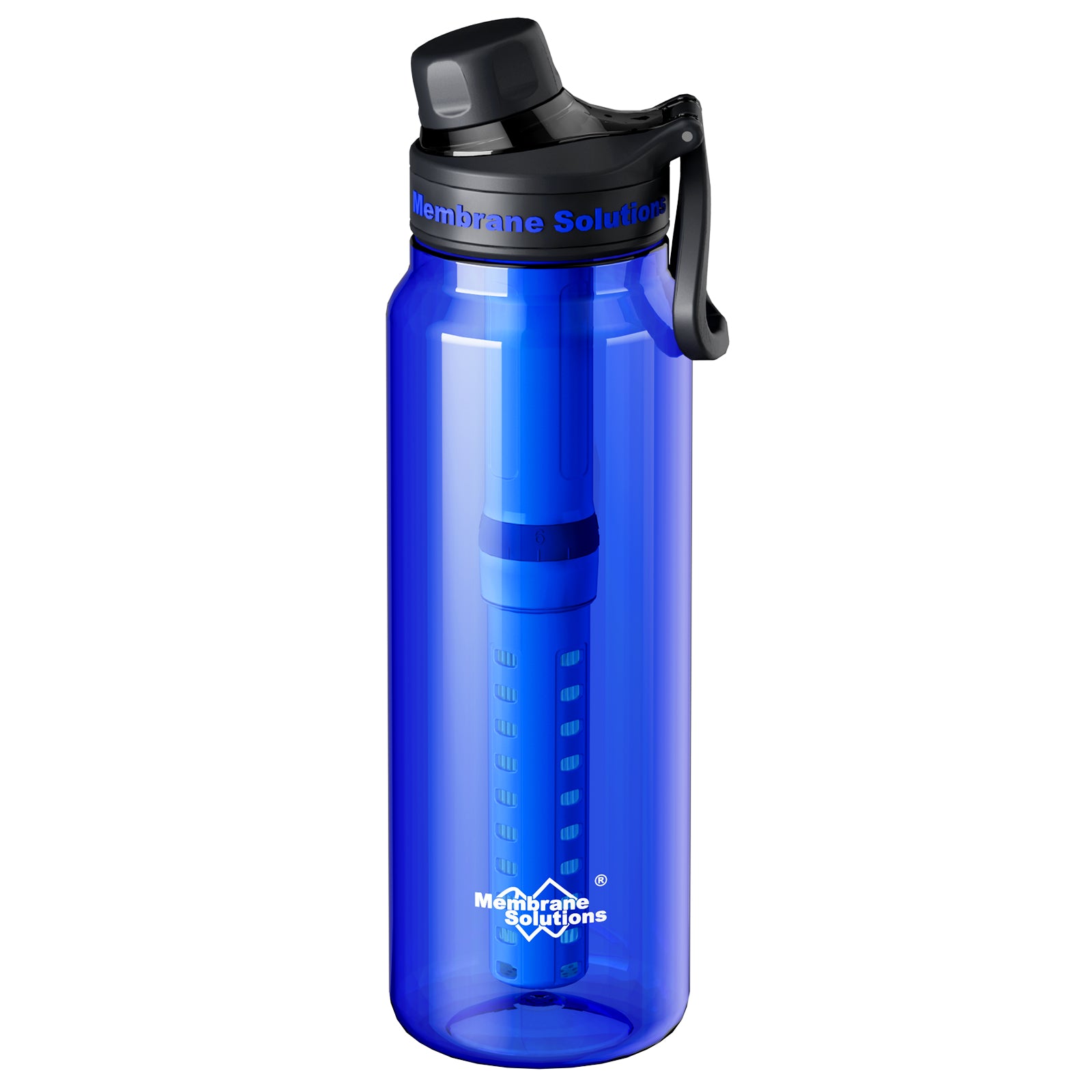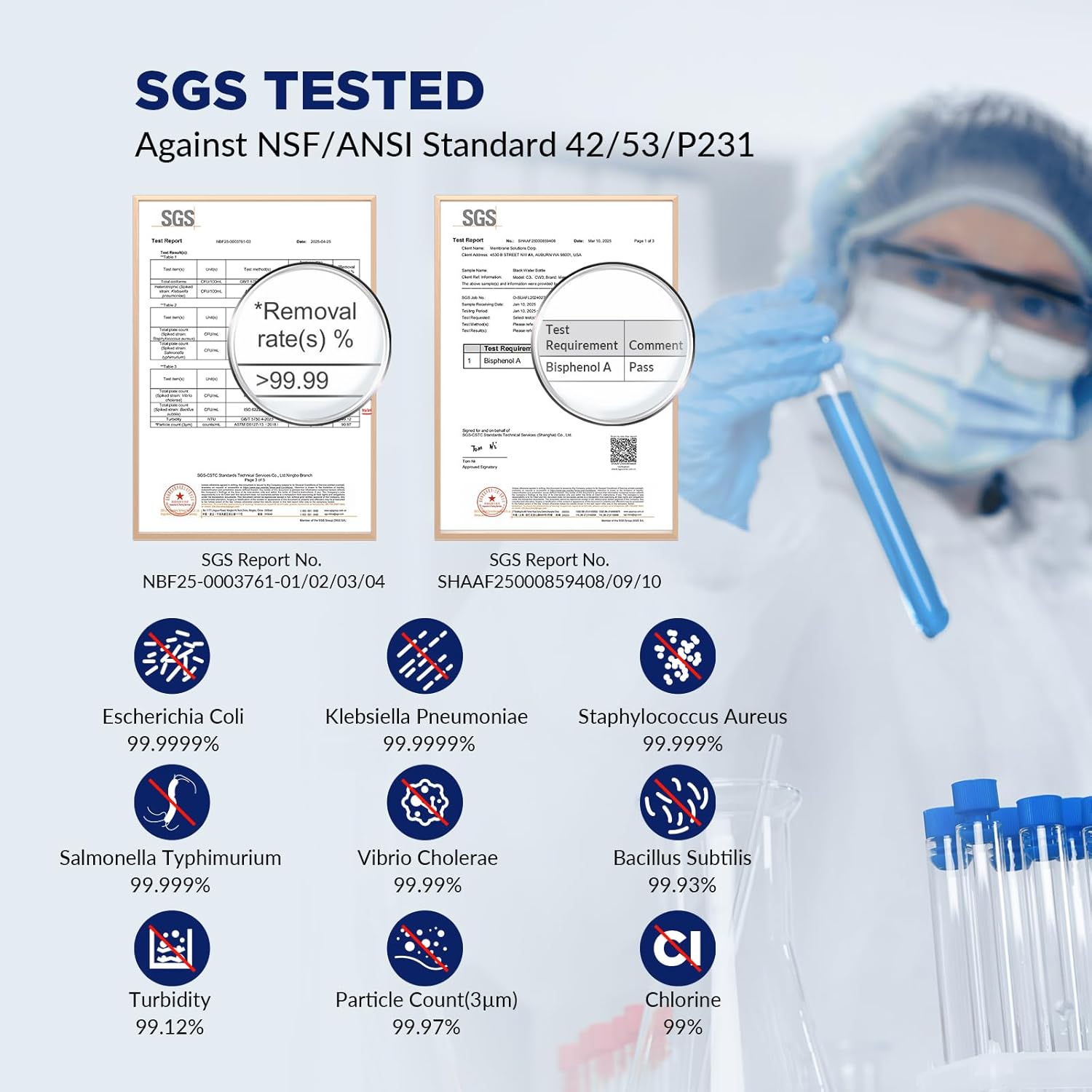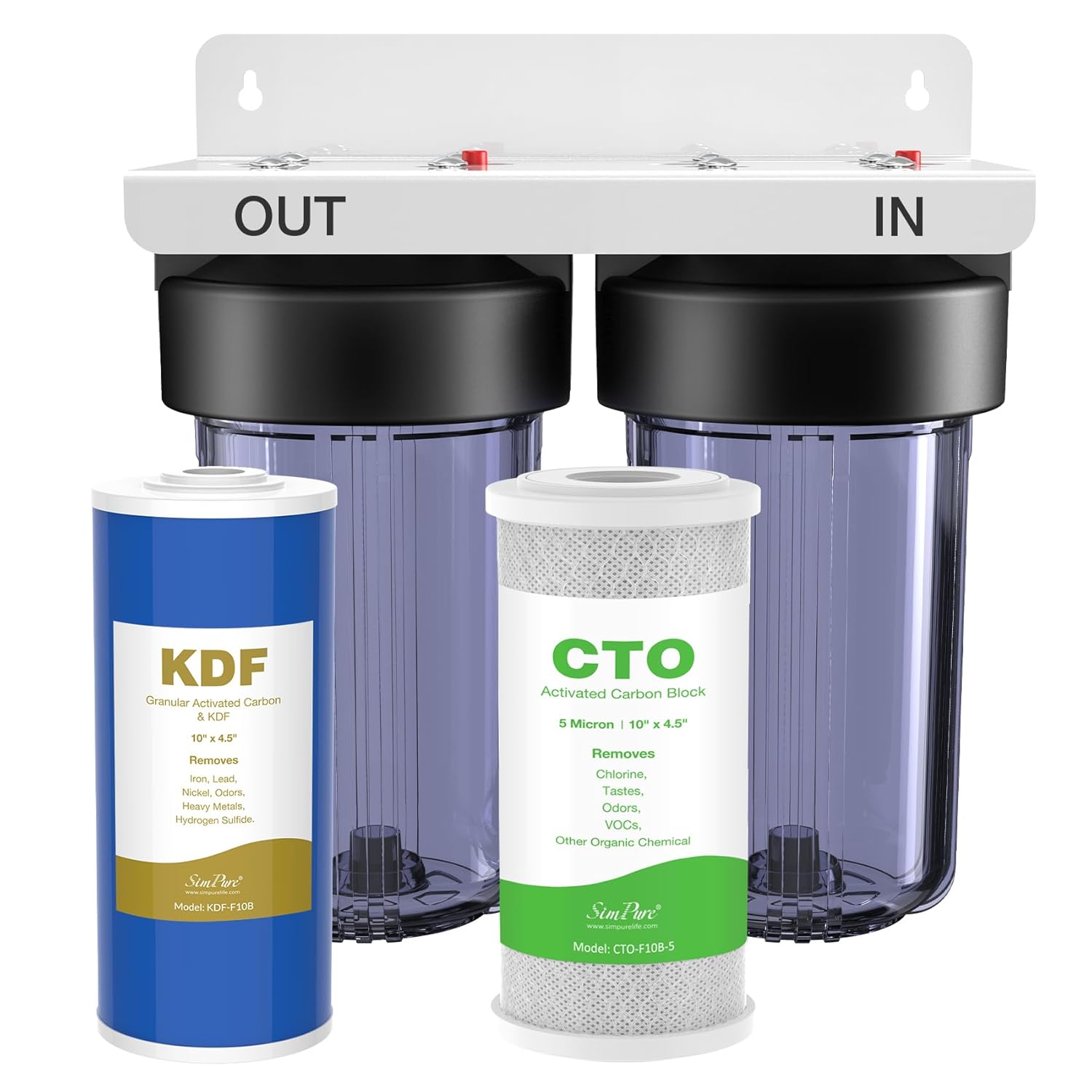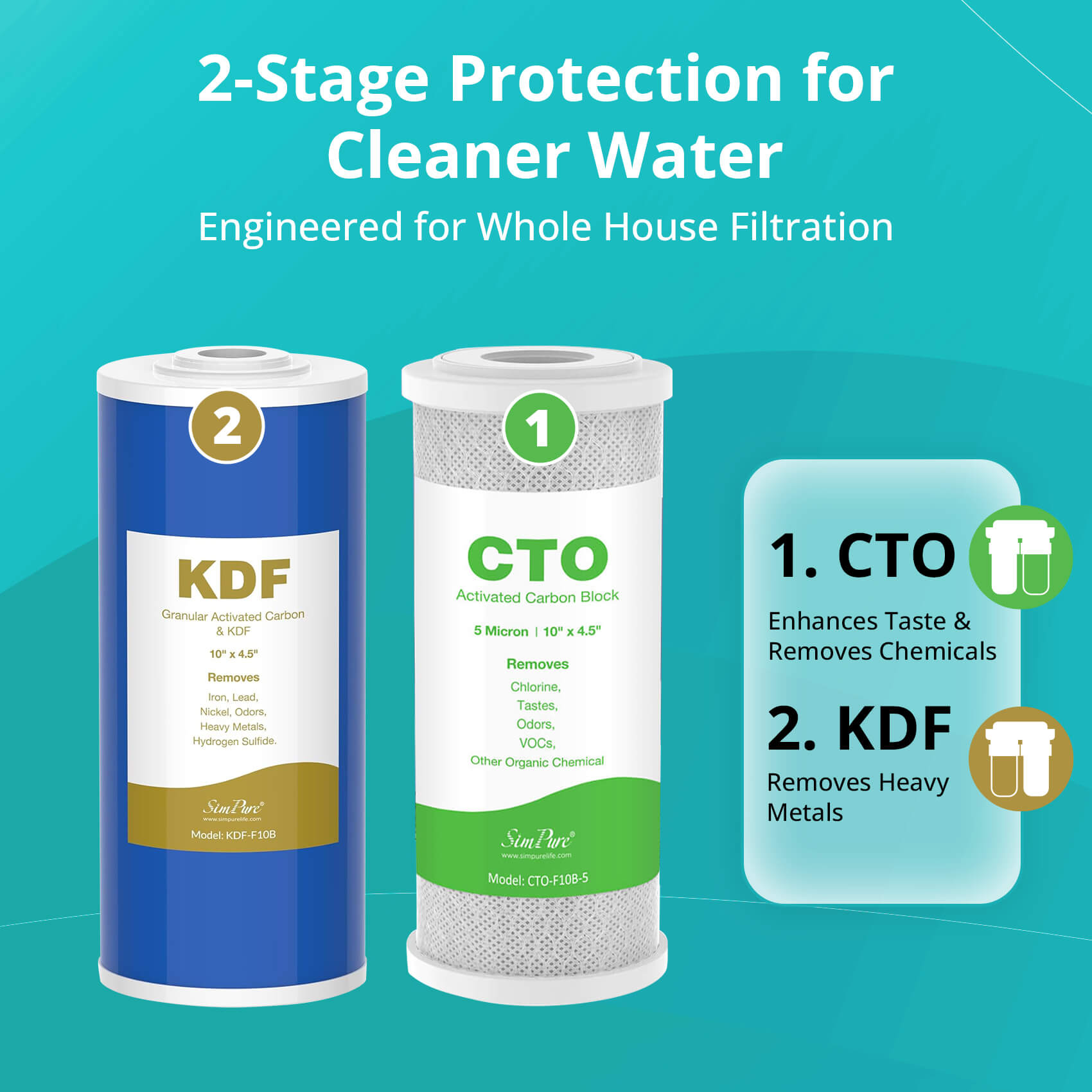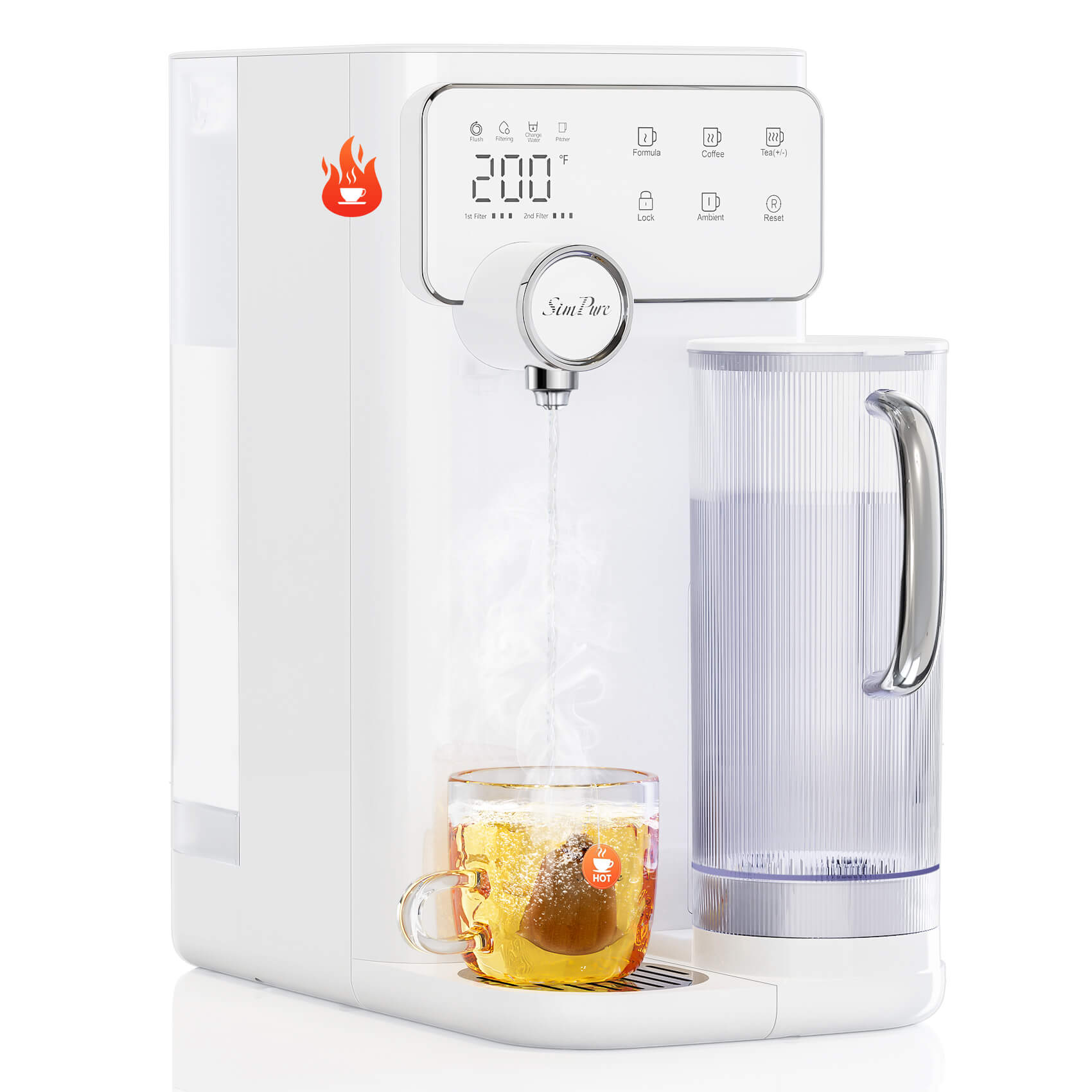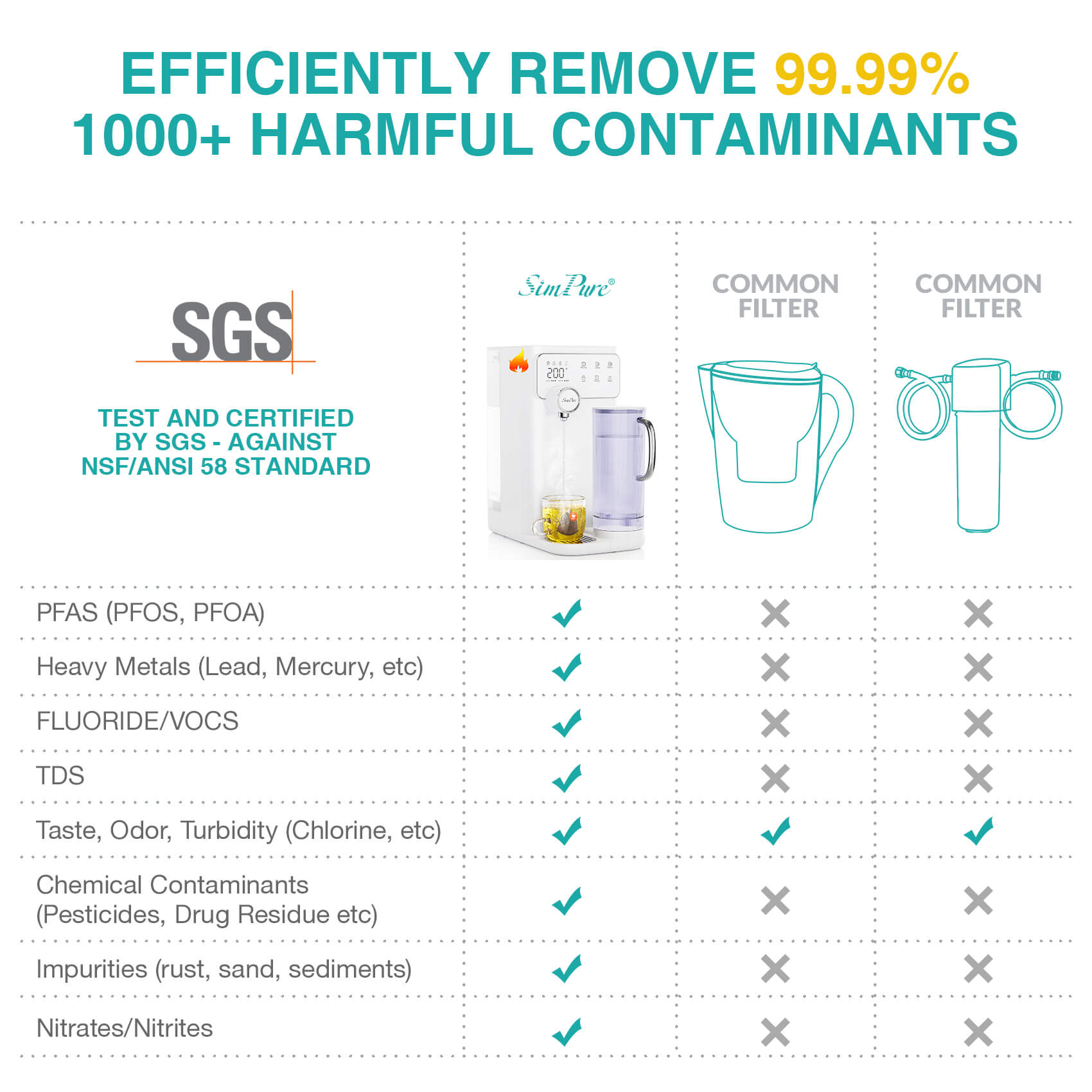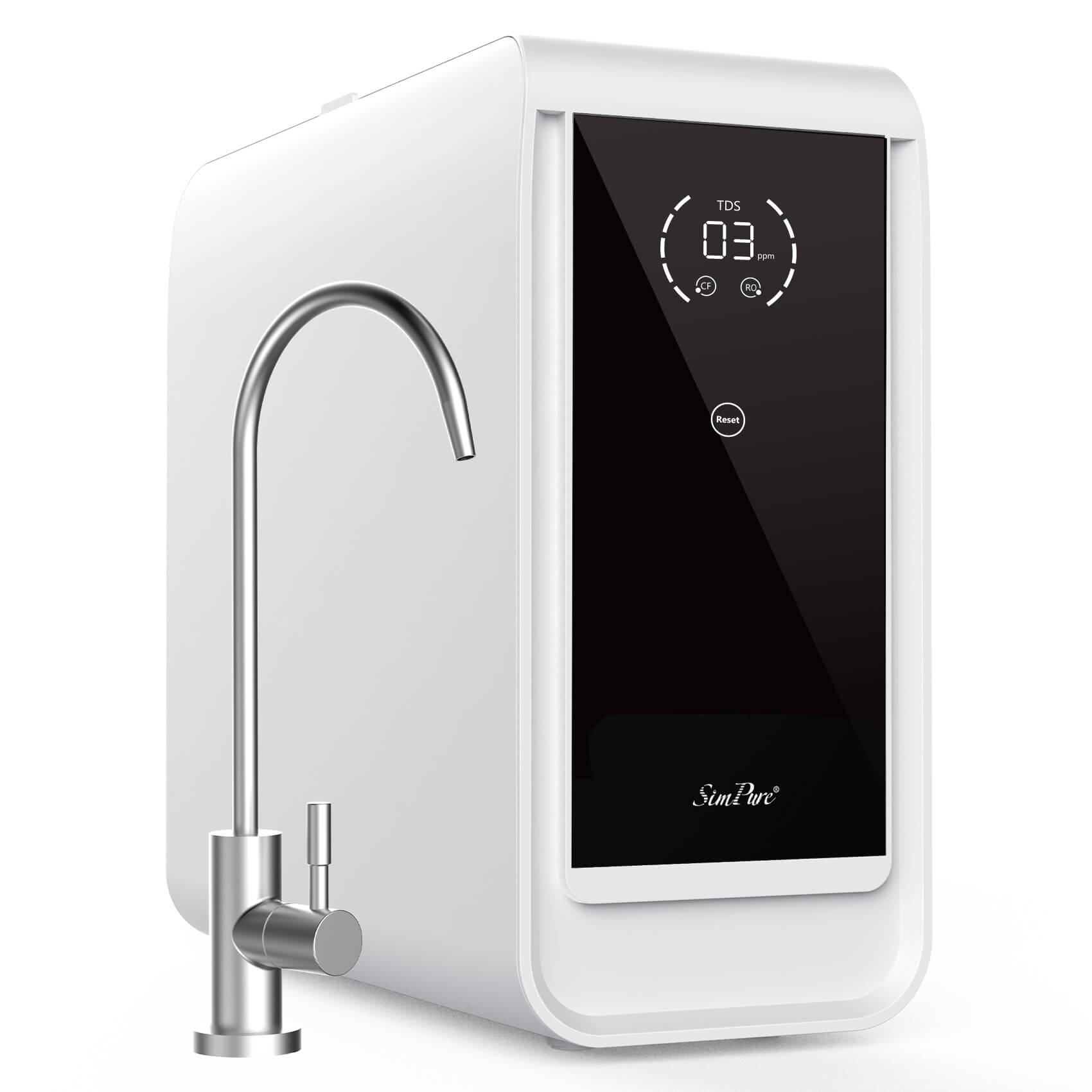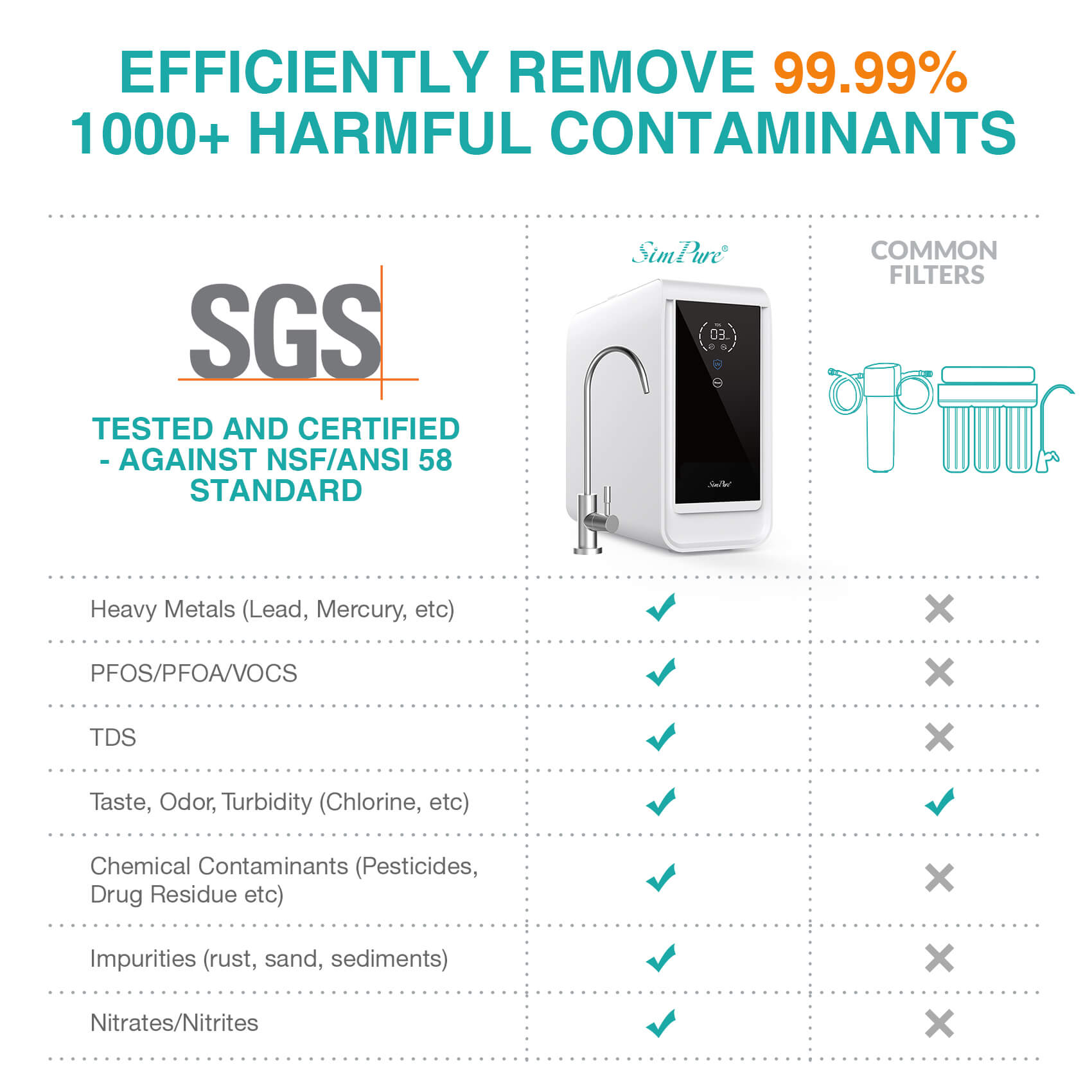Among various types of pure water, many people often confuse sterile and distilled water. While both types of water appear similar, there are certain differences between the two that serve different purposes. Understanding these differences is important in situations where water purity is vastly important, such as medical settings.
This article addresses the common question, Is distilled water sterile? and also highlights the major differences between sterile and distilled water, helping you learn which type is suitable for a particular situation.
Common Misconceptions About Distilled Water's Sterility

Many assume distilled water is inherently sterile, but it only removes impurities, not microorganisms. It's also wrongly believed that distilled water can replace sterile water in medical contexts. Let us see some specific misconceptions:
Distilled Water is Always Sterile: Many believe distilled water is inherently sterile due to its purification process. However, while distillation removes most impurities, including minerals and contaminants, it does not ensure the absence of microorganisms like bacteria or viruses unless subjected to additional sterilization methods.
Distilled Water Can Substitute for Sterile Water in Medical Settings: There's a misconception that distilled water can replace sterile water in medical procedures. In reality, sterile water undergoes specific sterilization processes to meet stringent medical standards, ensuring it is completely free of harmful pathogens. Distilled water, although highly purified, lacks this level of assurance unless treated accordingly.
Distilled Water Cannot Contain Harmful Microorganisms: Some assume distilled water is incapable of harboring harmful microorganisms. However, after distillation, water can become contaminated through handling or storage, compromising its purity. Proper handling and storage conditions are essential to maintain its cleanliness.
Now that we've clarified common misconceptions about distilled water's sterility, let's delve into its key differences compared to sterile water.
Is Distilled Water Sterile Water: 6 Key Differences
No, distilled water isn't necessarily sterile. Despite its purity, it lacks the thorough sterilization needed for medical and sensitive applications. Now, let's explore how they differ in six key aspects to understand their implications and applications better.
1. Definition: Purity vs. Freedom from microorganisms.
Distilled water is produced via distillation, a process where water is first converted into steam and then condensed back into liquid form. Distilled water is free of contaminants, impurities, and minerals. It may not remove all microorganisms.
Sterile water undergoes sterilization where it is treated to remove microorganisms, minerals, and compounds.
2. Purpose: General use vs. Medical and lab applications.
Distilled water is widely used for various general purposes. Since it’s pure of contaminants and compounds, it is used in various appliances. For instance, distilled water is used in car batteries, steam irons, or humidifiers. Some laboratories may use distilled water in situations requiring mineral-free water.
Sterile water is intended for medical use as it is completely free of microorganisms. It is mostly used for cleaning wounds, preparing injections, and in various surgical procedures. Sterile water is also used in laboratories to conduct experiments to prevent bacterial intervention.
3. Process: Removal of impurities vs. Sterilization techniques required.
Distilled water is prepared via distillation, a process where water is first boiled and converted into steam. Then it is condensed to turn back into liquid form. This helps eliminate most contaminants like organic or inorganic compounds.
Sterile water is prepared via sterilization, such as autoclaving (a process using pressurized steam to purify water) or passing it through very fine filters which removes all sorts of impurities including microorganisms.
4. Safety: Clean but not guaranteed pathogen-free.
Distilled water is usually clean and pure but it doesn’t guarantee pathogen-free water as it may get contaminated when stored in non-sterile containers. Sterile water, on the other hand, is guaranteed pathogen-free as it is stored in safe sterilized containers to keep it impurity-free. Since it is intended for medical use, sterilized water is 100% free of pathogens and contaminants.
5. Standards: Meets purity standards vs. Meets sterility standards.
Distilled water is made pure via distillation and is made to be impurity-free. Distilled water is free of many contaminants, making it highly pure. It usually has a TDS of 0.5 ppm or less, making it safe for use.
Sterile water is sterilized via high sterilization methods and must meet stringent sterility standards as it is intended for medical and laboratory use. Since these standards are set by health authorities, sterile water is completely pure and safe.
6. Handling: Basic handling vs. Strict contamination control needed.
Distilled water can be stored in non-sterile water and used for general purposes. While it is pure, it’s not free of microorganisms. Sterile water requires strict contamination control as it is intended for medical use. It is stored in completely sterile containers, preserving its sterility and requires careful control to make it eligible for medical use.
Best Home Water Purification Methods: Filtration
Using distilled water at home for many households may not be necessary as the process is cumbersome and may consume time and energy while incurring high costs. Instead, water filters are a better and more effective method to purify water as they offer multiple benefits.
Water filters are convenient as they can be easily installed and set up anywhere. All they require is a one-time installation and they will continue purifying water without having to distill water every time before use. These water filters are more cost-effective than distillation over time as they keep on purifying water without manual labor.
Moreover, water filters require minimal maintenance as they are designed to be long-lasting and only require periodic maintenance of changing filters after a while. Also, their filters are easy to replace.
The following are the two options homeowners may consider for home water purification.
Mechanical Water Filter
Mechanical water filters work best for removing physical particles such as sediment, debris, or waste. Mechanical water filters are mostly used as a pre-filtration method. They work by passing the water through the barrier made of nylon or synthetic foam which traps contaminants and allows clean and pure water to pass through.
Specifically, a whole house pre-filter is a type of mechanical water filter designed to be installed at the main water supply entry point of a house. Its primary function is to capture and remove larger particles such as sediment, rust, and debris from the incoming water before it flows into the plumbing system and other household appliances.
Reverse Osmosis System

A reverse osmosis system offers exceptional benefits for home water filtration. With a precision down to 0.0001 micrometers, it effectively removes a wide range of contaminants including:
Dissolved solids: Minerals, salts, and metals.
Sediments: Particles like rust and dirt.
Chemicals: Chlorine, fluoride, pesticides, and pharmaceuticals.
Microorganisms: Bacteria, viruses, and cysts.
Also, RO filter systems usually incorporate multi-stage filtration that completely eradicates contaminants and improves water quality. The RO filters work by pushing water through the reverse osmosis membrane using high pressure. The contaminants remain on one side of the filter while clean and pure water is pushed to the other side. RO filters are effective at removing most contaminants like dissolved solids, heavy metals, chlorine, salt, fluoride, and microorganisms.
RO filters like the SimPure RO systems are the most convenient, reliable, and cost-effective filters for removing impurities from water and making water safe for use and drinking. These water filters can be placed on the countertop or under the sink and offer an advanced purification solution. Click below to learn more about SimPure RO systems!
FAQs on Distilled Water and Sterile Water
By now, you must have understood the key differences between distilled and sterile water. Let’s address the common questions you may have regarding them.
1. Is Distilled Water Still Sterile After Opening?No, distilled water will not remain sterile after opening as it may get exposed to harmful bacteria or pathogens that may contaminate it.
2. Can Bacteria Survive in Distilled Water?While distilled water removes many impurities, microorganisms such as bacteria may enter into distilled water when exposed to non-sterile components. However, bacteria need nutrients to grow and the lack of minerals in distilled water may ultimately kill them.
3. Can You Make Sterile Water at Home?Yes, you can make sterile water at home by boiling water as it kills many microorganisms. However, this requires caution as exposing boiled water to harmful pathogens may make it non-sterile.
Conclusion
Understanding the key distinction between distilled and sterile water is essential to use them for various purposes. Distilled water may be pure, but it may get impure when exposed to bacteria or microorganisms. Sterile water undergoes rigorous sterilization methods making it completely pure and bacteria-free. Using water filters is economical and effective at eliminating pathogens and impurities from water for home use. Water filters like the SimPure Water Filters are the best at effectively eliminating impurities and offer convenience and efficiency, making them the top choice for home use.
Explore SimPure Water Filters!
Related Blog on Distilled Water
1. Is Boiled Water the Same as Distilled Water?
2. Is RO Water the Same as Distilled Water?
3. Why Distilled Water Is Not Suitable for Drinking?




